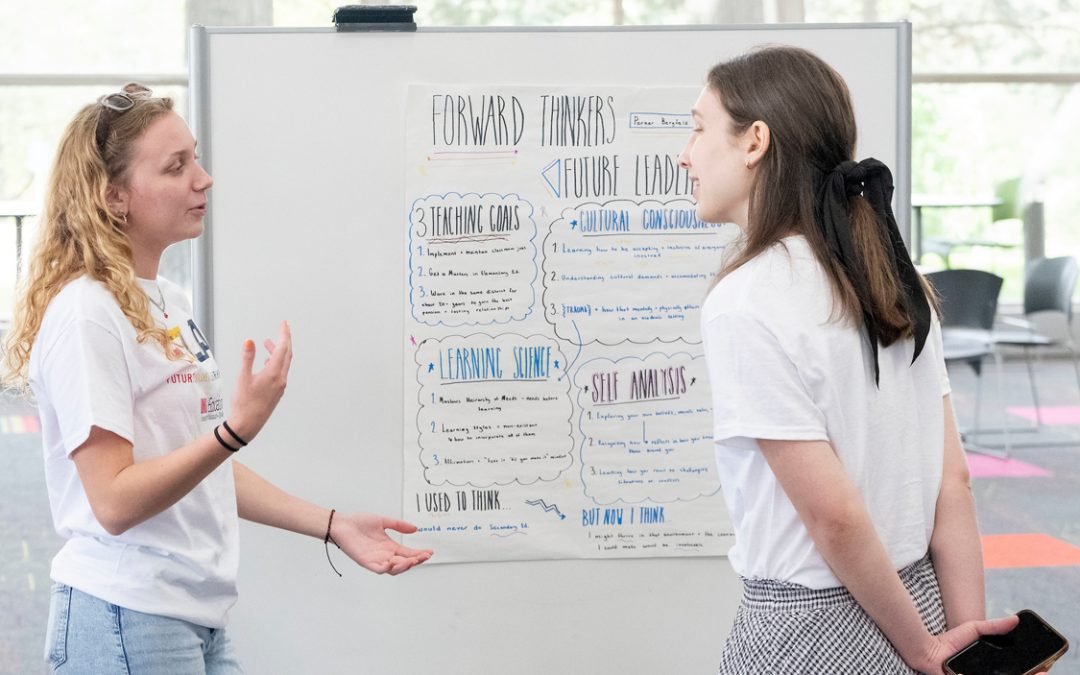After just a few months, Panera Bread Co., which operates locally as St. Louis Bread Co., announced Wednesday it was pulling the plug on the “meal of share responsibility,” which allows consumers to pay what they can for a bowl of chili.
Haim Mano, associate professor of marketing at the University of Missouri–St. Louis, told the St. Louis Post-Dispatch that space and signage could have made a difference in the success of the model. He told the paper that in-store signs are valuable real estate. Many of a customer’s final decisions as to what to order are heavily influenced by what’s on those signs, which can drive impulse purchases or a willingness to try out a new item.
“Whether it is a sign or the color, everything in the store is very critical,” Mano said to the Post.
UMSL Daily had a chance to talk to Mano about Panera’s announcement.
Why do you think the pay-what-you-want chili didn’t work well?
To have a model like this work, it depends on the type of product and the consumer. Both of them have to work together in order for this type of model to be successful.
What drives consumer spending when pricing in negotiable?
The expectation the consumer has depends on the benefit to the consumer or to society. Consumers may be willing to pay more if there is a greater benefit. An example of this is tipping – tipping is a negotiation with yourself depending on the service and the product. Therefore when there isn’t a set amount, consumers are driven by other things such as product, service and benefit.
What do you think Panera could have or should have done differently?
I don’t think it was about doing something differently. I think Panera realized this model wasn’t generating what was expected. Not in this case, money, but the positive public relations aspect, and awareness. They needed the space in the store to explain to the consumer what it was and how it works and they didn’t have that.
Do you think pulling this option from the area will affect Panera’s image or consumer loyalty?
I don’t think it will have any effect on Panera. They are a good company and they want to help the community; consumers know that.















